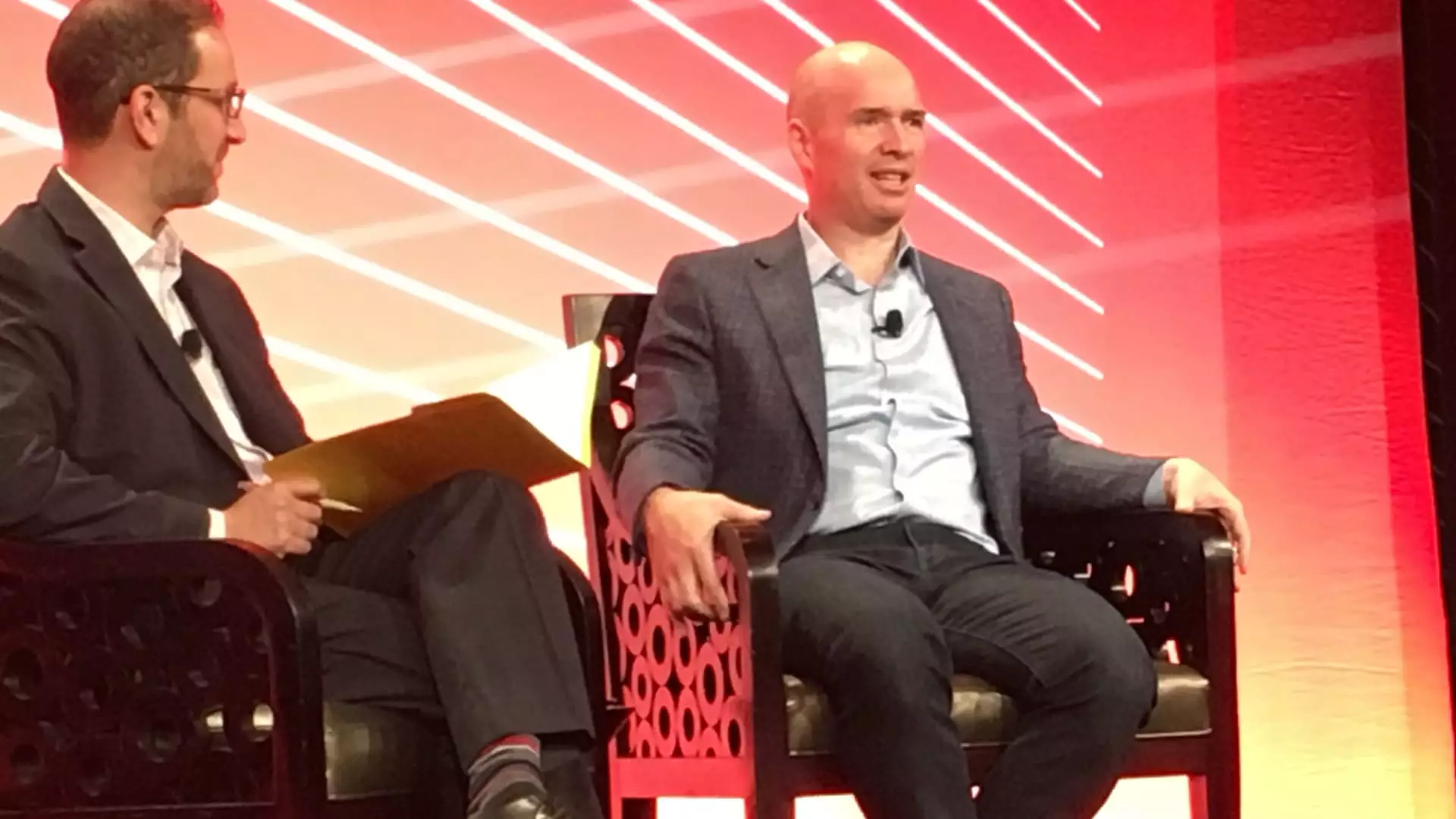In a surprising turn of events, venture capitalist Ben Horowitz has transitioned from supporting the political campaign of Donald Trump to backing Vice President Kamala Harris. This shift, occurring less than three months after his initial donation plans were announced, signifies a marked change in Horowitz’s political affiliations, raising intriguing questions about the motivations behind such a move. As co-founder of the venture firm Andreessen Horowitz, Horowitz’s decisions have often reverberated through the tech industry, making his political choices particularly noteworthy.
In his communication with the employees at Andreessen Horowitz, Horowitz highlighted his longstanding friendship with Harris, which spans over a decade. This personal connection seems to play a significant role in his political reorientation. Horowitz and his wife, Felicia, have portrayed their decision to support Harris as a natural evolution of their relationship rather than a purely strategic financial decision. The importance of personal relationships in politics cannot be overstated, and in this case, it appears to influence Horowitz’s philanthropic priorities.
The relationship with Harris, as noted in his letter, reflects the intricate web of affiliations within the Silicon Valley ecosystem. This kind of interconnectivity emphasizes the idea that political support is often not merely a reflection of party ideology but can also stem from relationships forged over years in the industry.
Contrast in Political Engagement
Andreessen Horowitz has maintained a somewhat ambivalent stance regarding formal endorsements as the 2024 election approaches. Previously, the firm expressed support for Trump’s campaign based on what they deemed a favorable “little tech agenda,” suggesting that their political support was aligned more with economic interests than with party lines. However, as Horowitz now aligns himself with Harris, it becomes evident that political affiliations in Silicon Valley can be fluid and contingent upon various factors, including personal ties and evolving business interests.
This fluidity complicates the narrative of ideological commitment within Silicon Valley, suggesting that ventures can pivot based on immediate business or regulatory concerns, rather than sticking to partisan loyalties. Horowitz’s pivot also raises eyebrows, considering the firm’s previous criticisms of the Biden administration and its policies affecting startups and the cryptocurrency sector.
The intertwining of personal relationships and political contributions reflects deeper trends within Silicon Valley’s political donations. As venture capitalists navigate the complex landscape of innovation, regulation, and personal relationships, their financial contributions could significantly influence future political dynamics. Horowitz’s shift from Trump to Harris exemplifies how core interests in the tech industry may override longstanding political affiliations.
Ben Horowitz’s recent donation to Kamala Harris’ campaign underscores the intricate and often unpredictable nature of political support in Silicon Valley. As relationships and interests evolve, the political landscape remains in a state of flux, where personal connections can lead to unexpected alliances. Such transitions not only shape individual political trajectories but also reflect the broader changes that influence the tech industry’s engagement with governance and policy.

